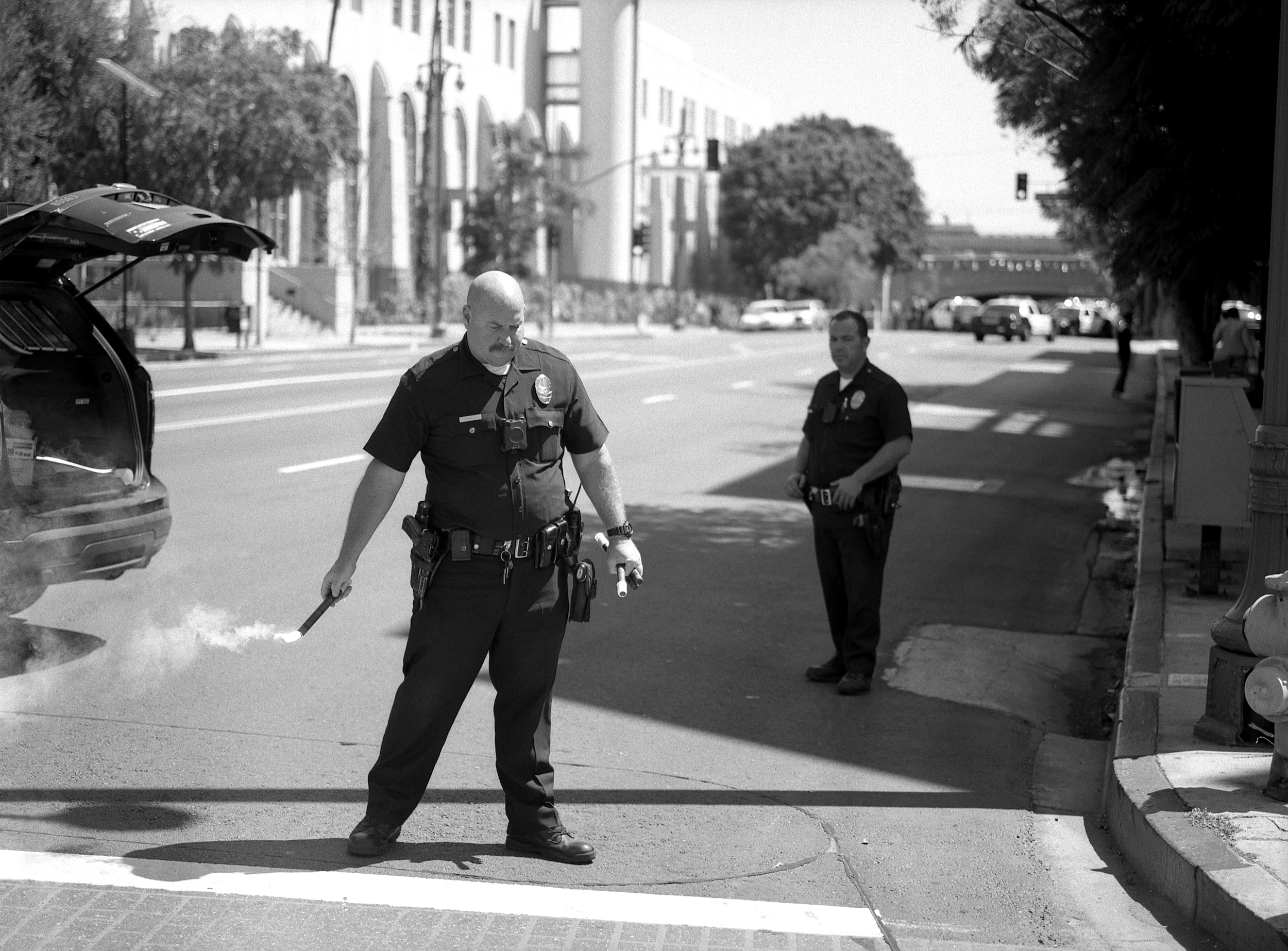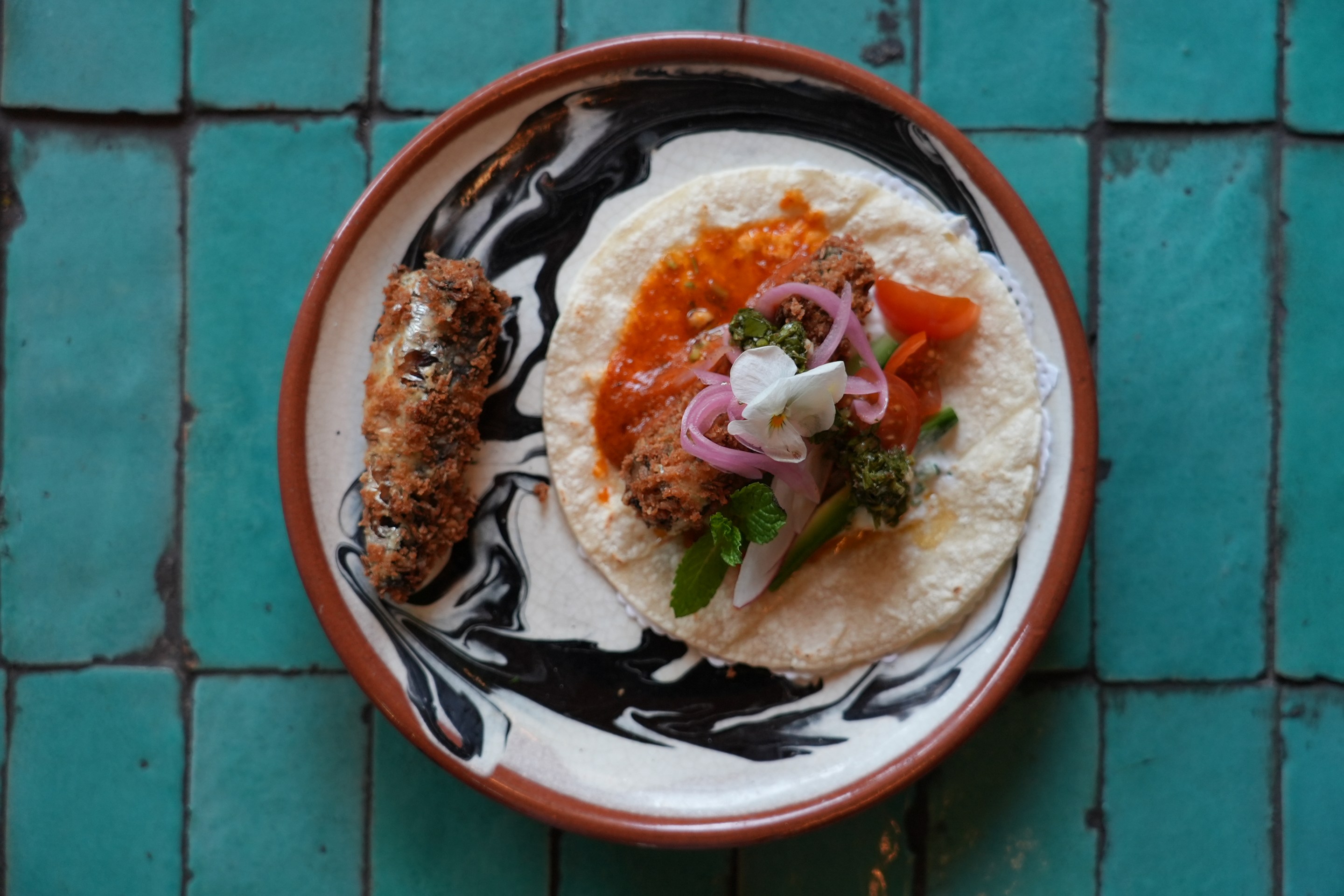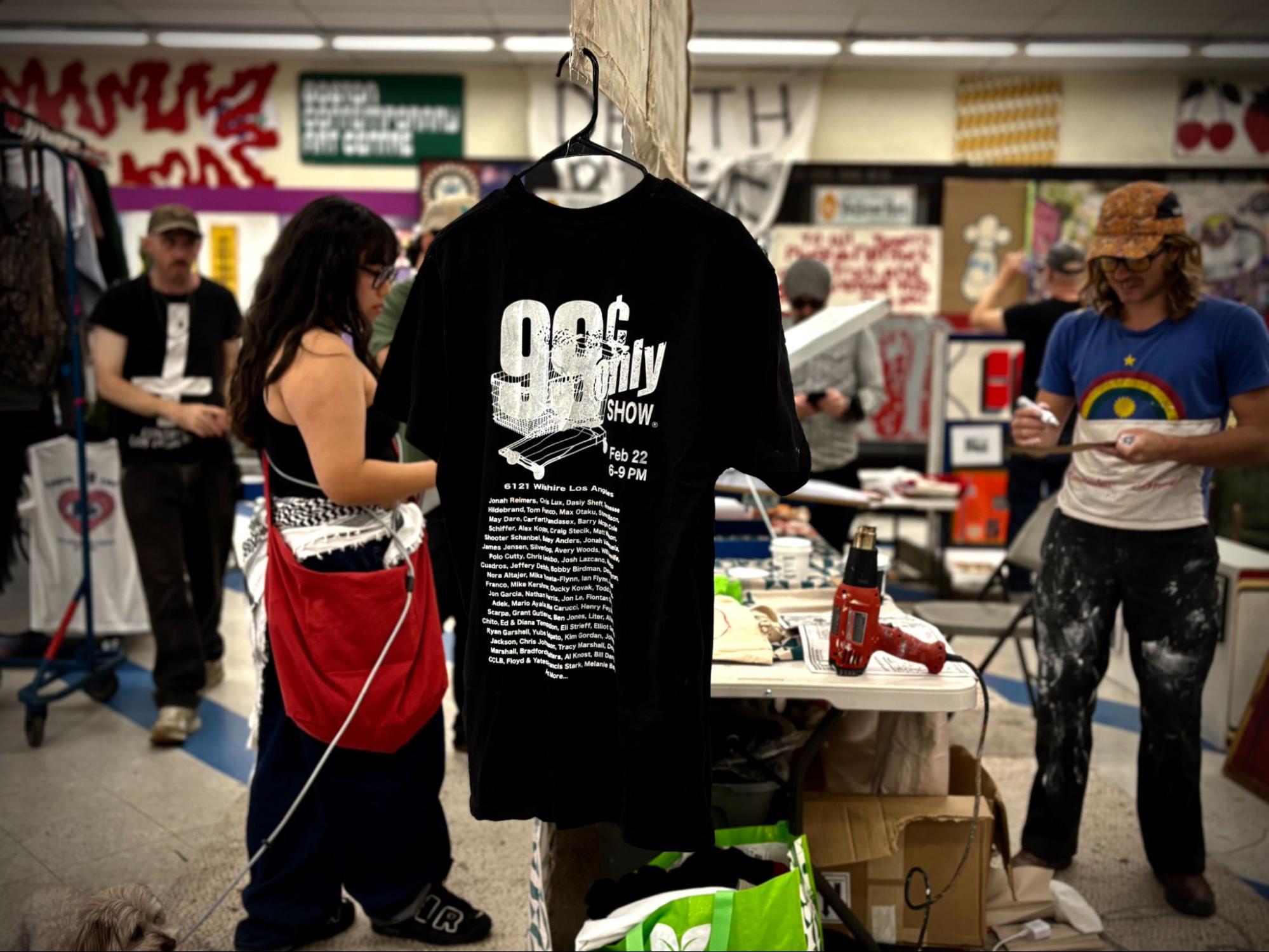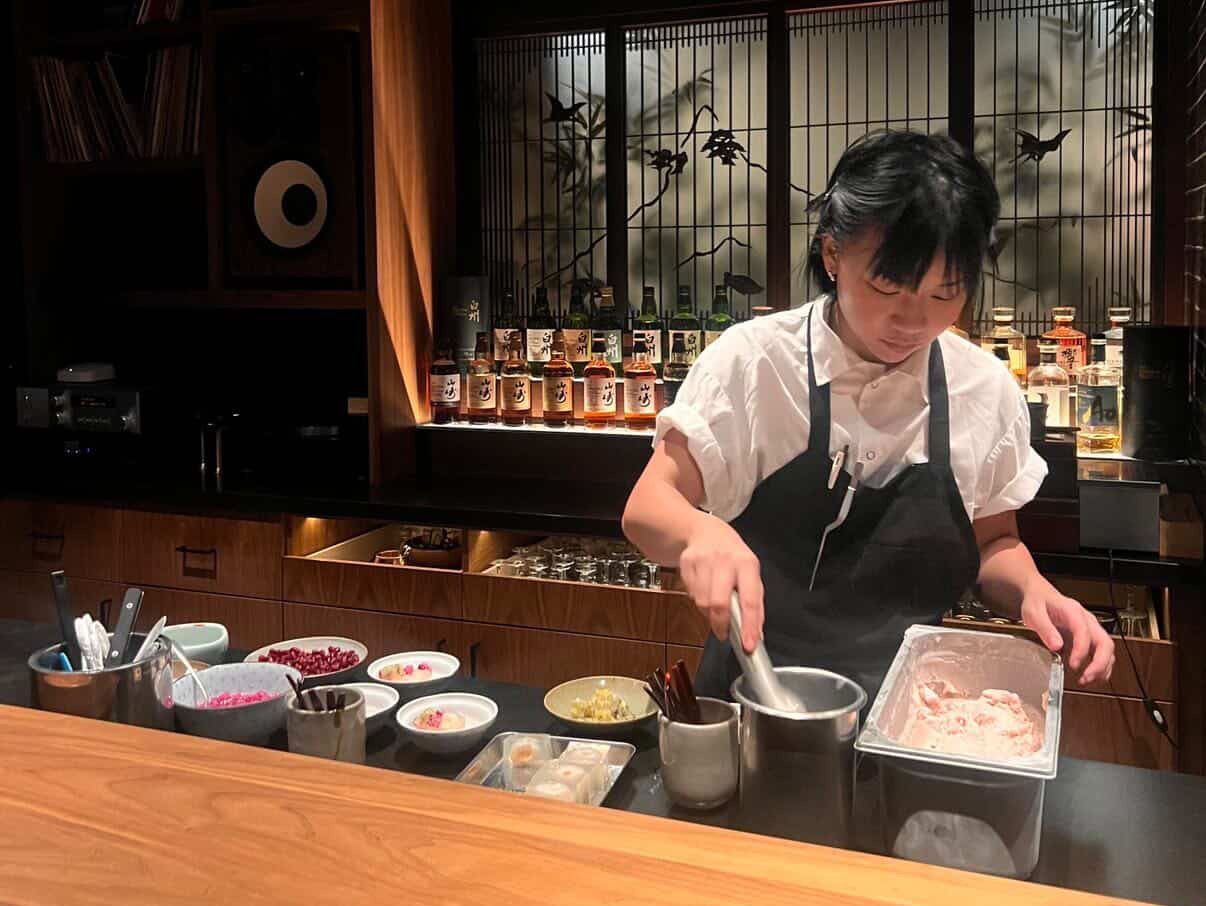Los Angeles has the dual distinction among American cities of being the largest to equip all of its patrol officers with body-worn cameras and of keeping some of the tightest controls over when and how the video can be released.
It is LAPD policy not to release video footage of officer-involved shootings or other "critical incidents" without a court order. The blanket policy puts L.A. among the most restrictive departments in the country in that regard, something of a holdout amid a nationwide trend favoring greater police transparency and accountability to the public.
Of course, the chief of police can override the restrictions and release footage, but critics say the lone occasion when Chief Charlie Beck has done this was in a case where it supported the department’s version of events.
Critics say that the policy body-cams operate less like a device for transparency and more like a tool for protecting the LAPD.
But a new plan from the civilian panel that oversees the department could mark a major shift in police policy around the release of video.
The new proposal, made public by the Board of Police Commissioners on Feb. 15, calls for Los Angeles police to release video taken from body cameras, patrol car cameras, and drones within 45 days of most officer-involved shootings or other “critical incidents.” This can mean incidents such as deaths that occur in police custody or other cases when officers use force that kills or seriously injures someone.
The policy change would apply equally to the release of video officers recovered from bystanders or private surveillance cameras. The draft plan states that video release will be “accompanied by additional information to provide context based on the evidence available at the time of release."
Of the LAPD officers polled, only 31 percent said they 'definitely' supported publicly releasing video, and 32 percent said 'probably.'
“This is potentially a big deal,” said Peter Bibring, director of police practices at the ACLU of Southern California. “It would put LAPD on the other end of the spectrum in terms of releasing video and releasing it much more quickly than other departments have committed to do.”
Many local law enforcement agencies don't have active policies for release of video, while others have a blanket policy of not releasing it unless there has been a court order.
There are exceptions. In Chicago, video of an officer-involved shooting is made public within 60 days. In Las Vegas, it is made public within 5 to 10 days. In Salt Lake City it is within 10 business days.
The board brought in the New York University School of Law’s Policing Project to conduct a poll which found a broad public support for a change. Two-thirds of public respondents said they “definitely” supported a policy that releases video to the public. Another 21 percent said the video “probably” should be released.
Of the LAPD officers polled, only 31 percent said they “definitely” supported publicly releasing video, and 32 percent said “probably.”
“The public’s demand to see this footage, and the reaction to it, made me start looking at our current policy and to reconsider if it made sense in this environment,” Matt Johnson, president of the Board of Police Commissioners, told me in an interview last year.
More people were shot and killed by police in Los Angeles than any other city (sum, not per capita) in 2015 and 2016.
The draft proposal is the result of consultations with the department and the Los Angeles Police Protective League, the union that represents Los Angeles police officers.
Craig Lally, the union’s president, opposes the public release of video footage in principle, but he said he can live with the new policy.
“We knew [the modified policy] was going to be released eventually because a lot of cities across the country are releasing them,” Lally said. “It’s not like this is the first time it’s ever been done before.”
Lally said the board was responsive to a union request to lengthen the wait time to 45 days. Lally said he supported provisos in the plan that allows for the department to delay video release beyond 45 days to protect the integrity of an active investigation and to notify officers and witnesses involved 48 hours prior to the release. (Under the proposal, board members and the chief of police will have to reevaluate the decision to delay the release every 14 days.)
“Our stance has been from the beginning that we don’t want to possibly taint the investigation,” Lally said. “So we wanted to make sure the investigation was as close to being done as possible before video is released.”
Bibring of the ACLU said if the policy lives up to the way it’s framed, with the release within 45 days in most cases, it would be a major step forward. He said the ACLU would like greater assurance that the delay for interfering with an ongoing investigation will only be invoked in exceptional circumstances. “If they use it routinely then it could spoil the whole policy,” he said.
More people were shot and killed by police in Los Angeles than any other city (sum, not per capita) in 2015 and 2016.
Paula Minor, an activist with Black Lives Matter Los Angeles, said she is skeptical that the new policy change will lessen the number of officer-involved shootings or hold police more accountable for their use of force in the black community.
Minor said the 45-day release period is still too restrictive and said the provisos allowing for additional delays were “nebulous.”
“I feel like what LAPD is allowing themselves [is] time, the time they need to do whatever they need to do with video or to create rationale or to distort a scenario and hope that community interest dies down,” she said.
“If you tweak something but the core value doesn’t get touched, I don’t believe the result will change any of the outcomes.”
The police commission will vote on the new policy on March 13. Until then, the draft proposal is available for public review on the LAPD website.






